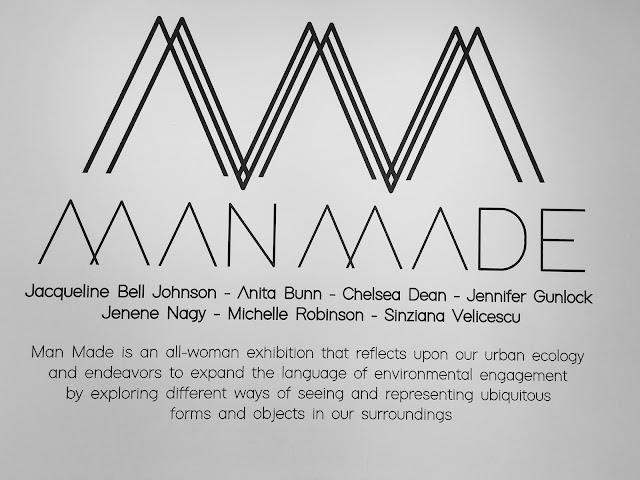stellasDESMA9
When
printing came to the west in the 1500s the mass production of books and
newspapers led to the rapid spread of knowledge. Despite it's benefits this was
also considered detrimental to good study habits with books reaching numbers
that could not be read in a lifetime. Printing enabled dialogue that between
science, technology and culture later led to the second industrial revolution
with the mechanization of labor. This led
to robots that mimic humans and are able to replace
humans in production lines and develop empathetic responses. The theme of the
inevitable de-humanization was perfectly portrayed in the science fiction movie,
Blade Runner (1982) where bioengineered beings in a dark California, portray a
bleak future which questions the effect of technological progress on mankind. Walter
Benjamin had concerns and his argument was that art inevitably reflects the
historical time in which it is created. With industrialization comes a new
feature: the reproducibility of artistic images. He mentions the lithograph but
also the photograph and film allows an original to be copied many
times. What he called the ‘aura’ of a unique object and along with it
tradition, is replaced by the mass production of art. Art is no longer
something contemplated by the viewer, but instead is form of
distraction in which we can be mindlessly caught up with others.
The idea of
a robot is of a mechanical slave that serves us. However, in practice, these
fantasies haven’t come true. They have to be programmed by engineers so they
can run with hardly any supervision and can displace workers.
Even without
such negative effects, industrialization makes us increasingly dependent on
machines. All seems fine whilst they work but deprived of power and we see
how helpless we are without them.
Through industrialization
we have come to imagine the physical world as if it is something
that is simply there to serve us. We are only just waking up to the fact
that the physical world is something which is finite and upon which we
absolutely depend. One could also say that industrialization has given us
a distorted image of our own power and freedom that makes us reluctant to
accept the limits of a human life, or see the world as something other and
more than a resource for our own consumption.
Hong, Dennis. "My Seven Species of Robot -- and How We
Created Them." Dennis Hong: My Seven Species of Robot -- and How We
Created Them | TED Talk | TED.com. N.p., n.d. Web. 24 Apr. 2017.
Hanson, David. "Robots That "show
Emotion"." David Hanson: Robots That "show Emotion" |
TED Talk | TED.com. N.p., n.d. Web. 24 Apr. 2017. http://www.ted.com/talks/david_hanson_robots_that_relate_to_you.html
"Robotics MachikoKusahara 1." YouTube. N.p.,
14 Apr. 2012. Web. 24 Apr. 2017. https://youtu.be/xQZ_sy-mdEU
"Thirteen Advanced Humanoid Robots for Sale Today."
Smashing Robotics. N.p., 16 Apr. 2016. Web. 24 Apr. 2017. https://www.smashingrobotics.com/thirteen-advanced-humanoid-robots-for-sale-today/





Comments
Post a Comment